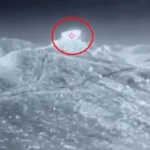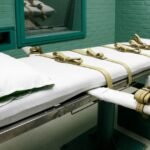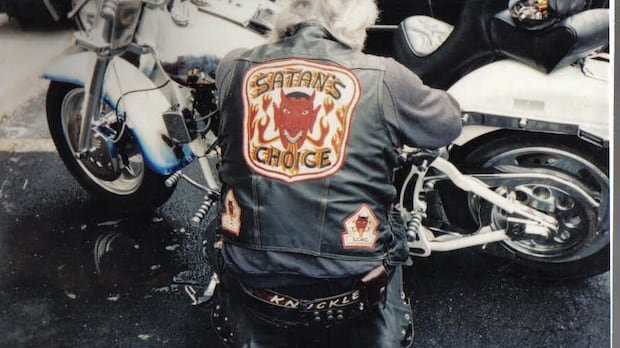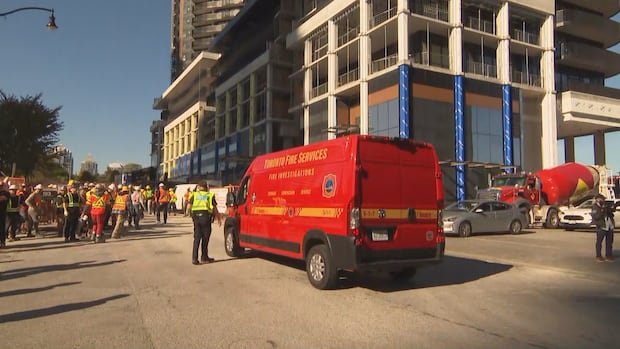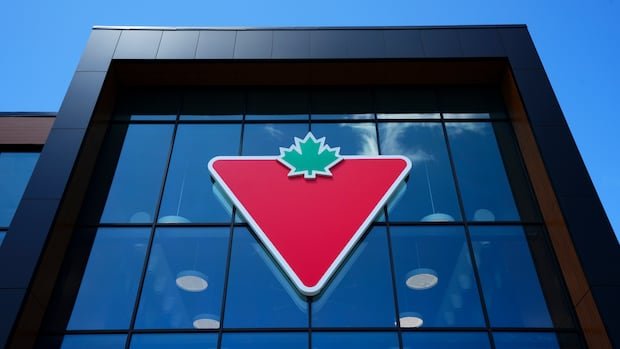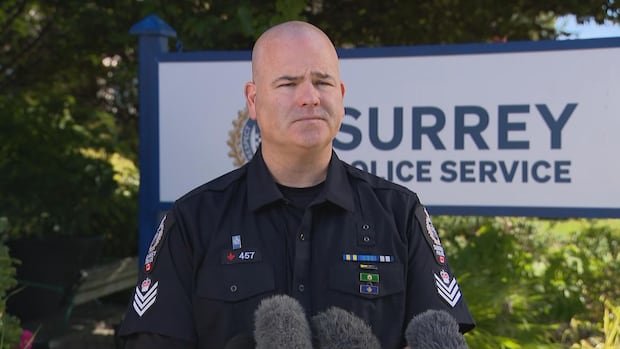Police are staying alert about an outlaw motorcycle gang that once dominated the streets of northern Ontario and appears to be making a comeback.
Ontario Provincial Police (OPP) said they are monitoring renewed Satan’s Choice activity as other motorcycle gangs continue to operate chapters across the north.
“Every time an outlaw motorcycle gang emerges, we take note and want to know: ‘Will this be a problem? Will there be violence? Will there be criminal activity associated with it?'” said Detective Inspector. Scott Wade of the OPP Biker Enforcement Unit.
The unit, which has operated for about 30 years, works with police forces across Ontario and internationally to combat outlaw motorcycle gangs.
“We have seen the Hells Angels and other illegal motorcycle gangs involved in all crimes, from office workers, laborers, homicides, human trafficking, importing, exporting, drug trafficking, and violence is one of their tools of the trade,” Wade said.
the clubricant history
Before being absorbed by the Hells Angels in what is known in the motorcycle world as a “patch” in the early 2000s, Satan’s Choice was considered one of the most powerful motorcycle gangs in Ontario.
Satan’s Choice has always been an exclusively Canadian club and its leader was former international boxer Bernie Guindon.
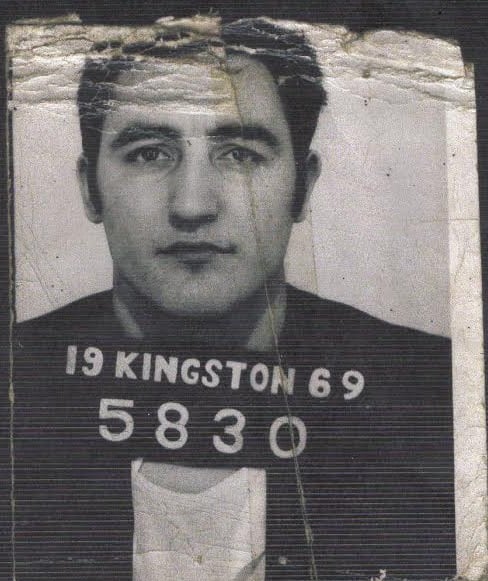
Guindon would serve approximately 15 years in prisonfirst for indecent assault against a minor and then for drug trafficking.
Last August, former Hells Angels member and Guindon’s son Harley announced on social media that he had relaunched the club and planned to open chapters across Canada, including northern Ontario.
Harley has done it too several seasons behind bars.
In 2007, he was convicted of assault causing bodily harm, forcible confinement and extortion with a firearm, and sentenced to five years in prison.
In 2012, Harley became involved in Project Kingfisher, an operation by the OPP’s motorcycle enforcement unit in conjunction with local police. He was arrested on charges of drug trafficking.
In northern Ontario, one of the most well-known confrontations between Satan’s Choice and law enforcement occurred in December 1996. A bomb exploded on a walkway next to the Sudbury police station. No one was hurt, but it blew a hole in the wall.
Two members of Satan’s Choice were convicted of making the bomb and a Sudbury motorcyclist was convicted of obstruction of justice.
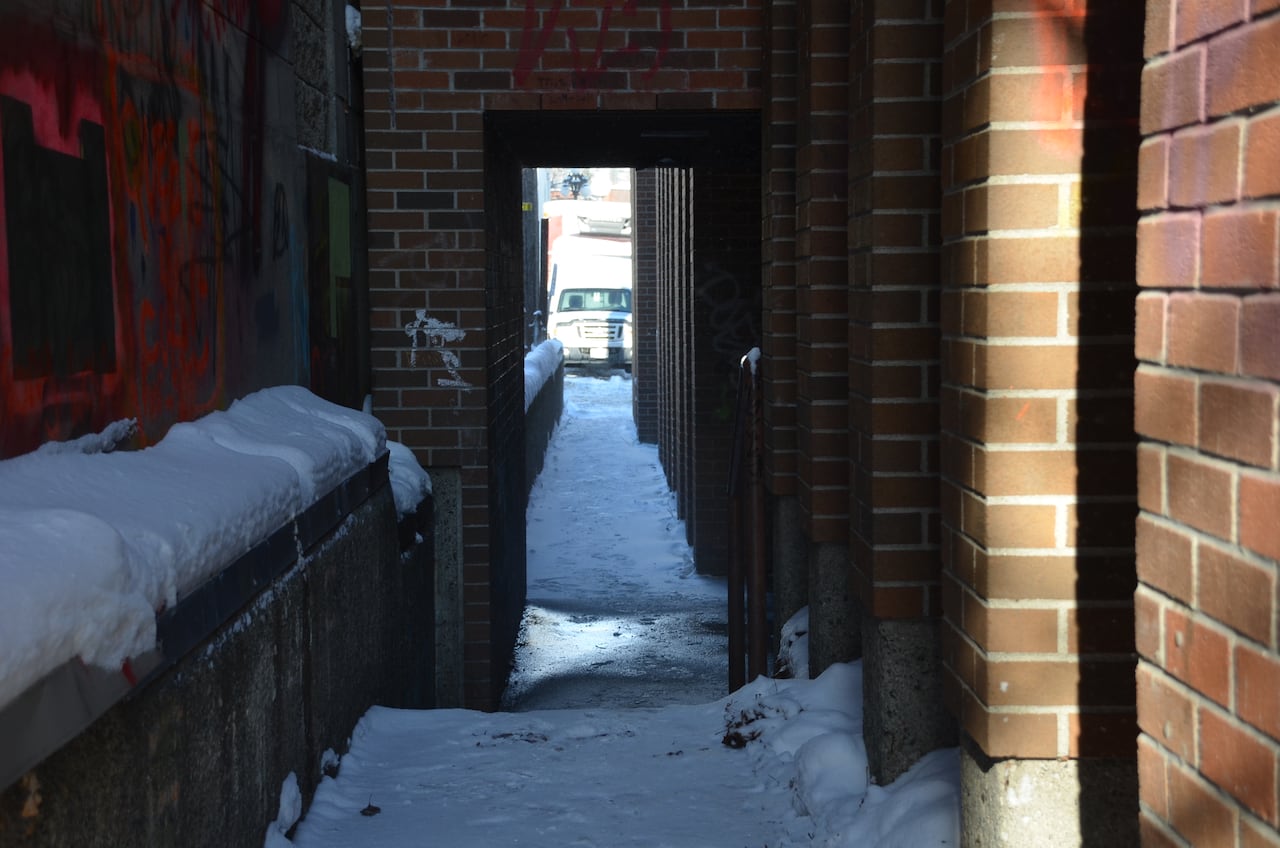
The main suspect, Michael Dube, a member of Satan’s Choice from Sudbury, committed suicide in jail while awaiting trial.
Police said the station was attacked after gang members were denied service at a local strip club, leading to a confrontation with officers. The bomb was initially intended for the club, but at the last moment it was diverted to the police station.
OPP monitoring for possible turf war
Social media posts show new chapters of Satan’s Choice popping up in cities like Sudbury, Thunder Bay, Oshawa and Hamilton.
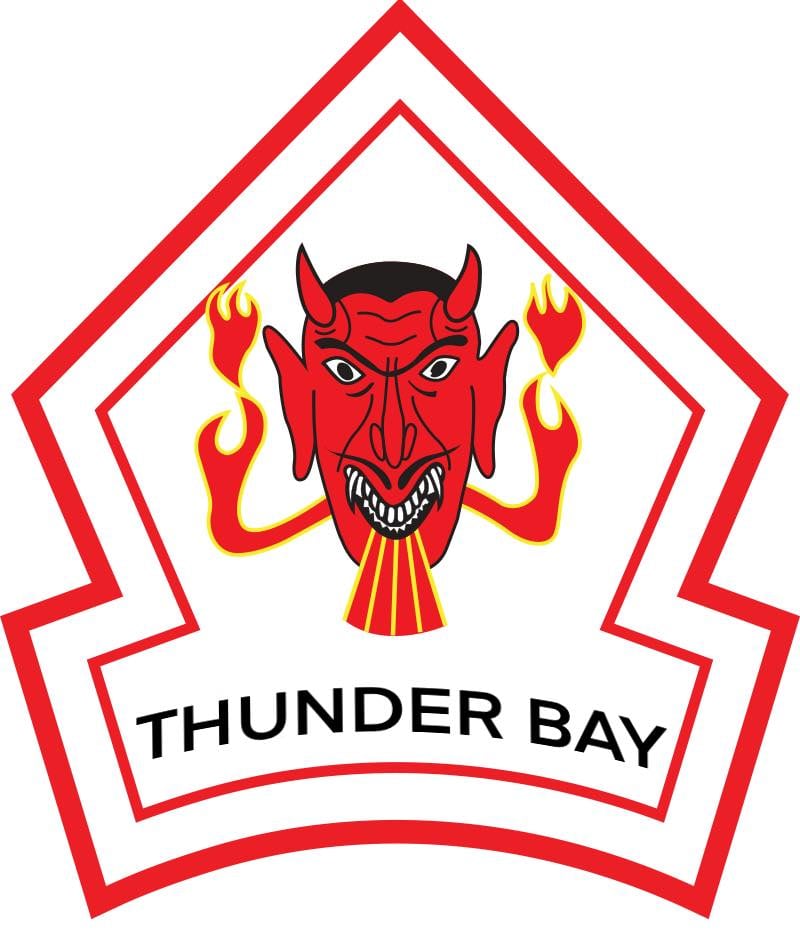
OPP Det.-Insp. Wade confirmed that several motorcycle gangs are operating in the north.
He explained that outlaw motorcycle gangs tend to be most active in larger northern centers and can be found in cities such as Sudbury, Sault Ste. Marie, Timmins and North Bay.
Wade said police are aware of the resurgence of Satan’s Choice and the potential for conflict with rival clubs.
“We will prioritize our approach as necessary,” he said. “If there is violence, especially violence that affects the public, the police will be watching everywhere.
“My suggestion would be that our motorcycle gangs would like to avoid that attention so they can quietly commit their crimes clandestinely. So overall I would suggest that we are well prepared to stop the violence if it starts.”
He said outlaw motorcycle gangs often recruit new members within the criminal clan by targeting a specific area and identifying someone who is active in crime in that area. Family and friends of current members are also often targeted.
“Illegal motorcycle gangs have a one percent mentality, meaning they are the one percent of society that doesn’t follow the rules or laws of society, and they don’t conform. That’s something they wear proudly on their vests.”
He added that these groups will also seek to recruit people who have similar views.
“We see the patches. I mean, we know that they are taking trips and having events, as well as being involved in crimes that we are investigating,” Wade said.
He stressed that not everyone who wears a patch or vest is in an outlaw motorcycle gang.
“It’s when they use that patch to commit crimes, when they use that patch as a show of power to claim an area and claim territory, and then commit crimes in that area.”
Motorcycle gangs often sell merchandise, such as patches or other support gear, that represent their respective logos, something Wade said people consider as harmless as wearing a t-shirt to support a local sports team, without understanding the real risks.
“We’ve had cases of… members of the public wearing support t-shirts, sweaters or jackets, and being violently attacked for it,” Wade said.
“When you use something like this, you should know what you are doing and the risk you are taking, and also that you are supporting organized crime with your purchase.”
Looking at the national panorama
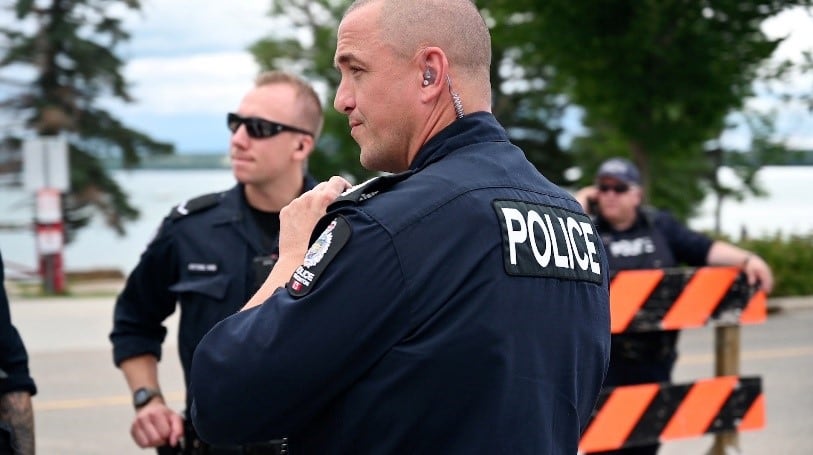
Across the country, law enforcement agencies are seeing similar trends.
Sergeant. Ryan Ferry of the Edmonton Police Service has more than 20 years of experience dealing with gang-related crimes.
He also serves as western director of the Organization for National Gang Information and Awareness, a nonprofit network that brings together law enforcement, educators and policy experts to share intelligence and best practices on gang activity across the country.
Ferry said outlaw motorcycle gangs, often referred to as OMGs, remain a national law enforcement priority.
“They are very frequent and their presence is well established in almost all the provinces of the country,” he said. “Law enforcement agencies consider illegal motorcycle gangs to be a major threat to public safety.”
Ferry said illegal motorcycle gangs are distinguished from recreational motorcycle clubs by their structure, criminal ties and use of fear and intimidation.
“Threats of harm and creating an atmosphere of fear, intimidation and violence is what separates them from people who just like riding motorcycles.”
He said that, depending on the region, motorcycle gangs are linked to a wide range of criminal activities, including “human trafficking, drug trafficking, firearms trafficking and economic crimes of various types.”
Ferry said those relationships often extend to street and neighborhood gangs, something that is becoming more common in provinces like Ontario.
“We are finding more and more frequently that yes, there is both a social and criminal connection to other criminal networks.”
A dangerous lifestyle
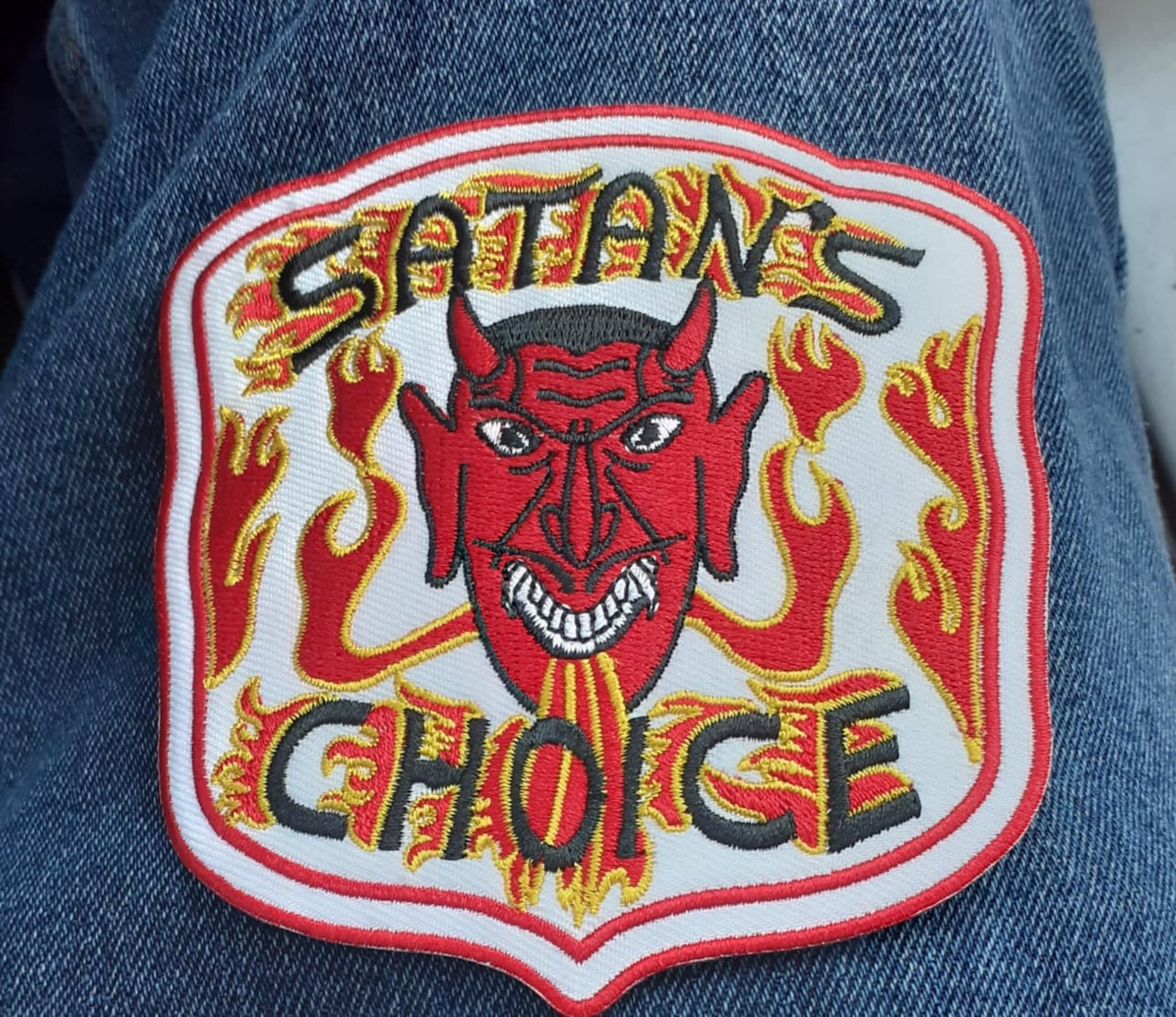
Ferry said many people underestimate the dangers of associating with illegal motorcycle clubs, mistaking the lifestyle for harmless rebellion.
“We want people to understand that motorcycle gangs are a very particular group of people that certainly continue criminality and violence. And people who get involved with them risk getting caught up in some of that criminality and violence.”
He added that these groups are not immune to violence.
“Despite what the media describes as motorcycle gangs and bikers being big, bad and tough, they have their own enemies too. And we’ve heard it directly from some of them,” Ferry said.
“We see examples and stories of attacks with knives or attacks with firearms” and “the use of incendiary and explosive devices against personal property or club property.”
Ferry said people attracted to the social side of biker culture — the ideas of freedom and brotherhood — can easily get caught up in criminal networks.
“We have seen time and time again people get caught up in that social side and then become victims of extortion or threats, or be used by individuals in these clubs to further the objectives and criminality of those clubs.”
Ferry said most people who join the biker lifestyle eventually regret it.
“The vast majority of people I’ve talked to at one point or another end up hating that lifestyle,” he said.
“They become bankrupt or paranoid, or lose friends along the way, or the authorities finally catch up with their criminality, or they become estranged from friends or family. It’s a very tough lifestyle.”


